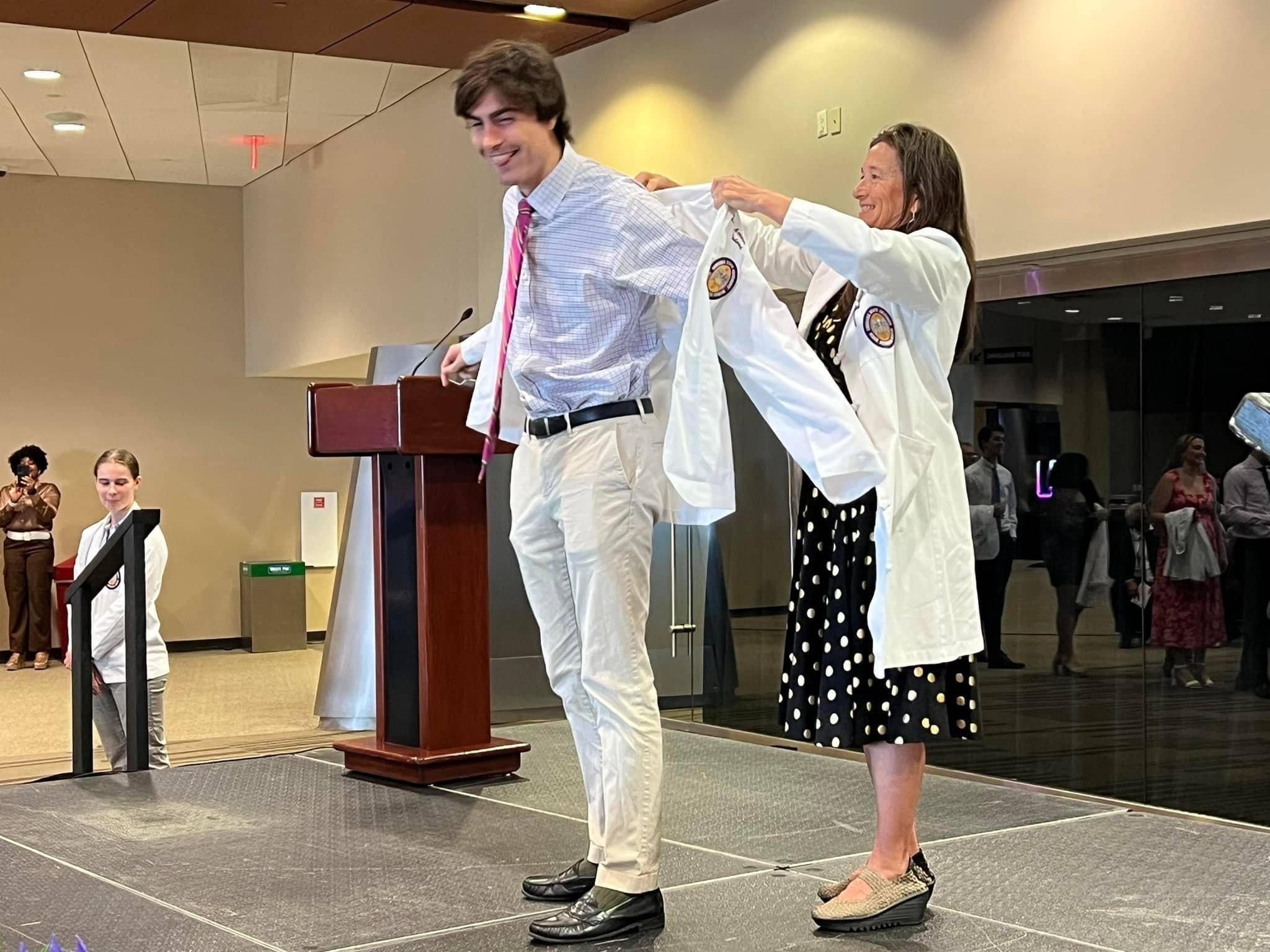
Curriculum Overview for Applicants for the 4-Year MD Program in New Orleans, Louisiana
The first two years of the medical school curriculum are taught in New Orleans. The curriculum emphasizes basic science and its relevance to clinical medicine. Clinical experiences, including required rotations with physicians, occur in both the first and second year. A longitudinal clinical skills course, Clinical Skills Integration, contains numerous activities aimed at helping students develop early skills of clinical problem solving, doctor-patient communication, and evaluation of the medical literature. These include physical examination sessions, small group discussions with interviewing practice, team-based learning exercises that integrate differential diagnosis with basic science course content, and procedure labs where students learn to perform basic procedures such as lumbar punctures, IV placements, and intubations. Clerkships begin in the third year and include pediatrics, family medicine, internal medicine, neurology, surgery, obstetrics and gynecology, psychiatry, and a career planning elective. Most clerkship rotations are in New Orleans, but there are opportunities to rotate at the regional campus sites in Baton Rouge and Lafayette as well. In the fourth year, students have the opportunity to take several electives in addition to required acting internships and rotations in an intensive care unit and emergency department. Some fourth year rotations may be taken at outside institutions with approval.
As part of the school's committment to training healthcare providers through the state, the LSUHSC School of Medicine in New Orleans assigns approximately 25 medical students per class to our Baton Rouge campus for their 3rd and 4th year clinical rotations. These rotations occur at Our Lady of the Lake Regional Medical and their Children's Hopital and at Women's Hospital. Applicants may express a preference for assignment to Baton Rouge for years 3 and 4. If less than 25 students express this preference, then a lottery system will assign additional students to the Baton Rouge campus at the time of admission. Students assigned to complete their third and fourth years in Baton Rouge are required to arrange their housing in Baton Rouge. It is important to note that students assigned to the Baton Rouge campus for their clinical training have the opportunity to take some rotations in New Orleans during their fourth year if they chose to do so.
Our curriculum is based upon principles of learning, and is designed to train physicians who are capable of success in any graduate medical education program. Our curriculum instills the knowledge, skills, behaviors, and professional attitudes commensurate with best medical practice. Our graduates become critical thinkers who are committed to life-long learning in order to adapt to the changing landscape of clinical care. Our graduates can effectively work in health care teams to serve their communities and deliver excellent care to their patients. More Information on Curriculum
Although major emphasis is placed on training primary-care physicians, many opportunities for research and the pursuit of more specialized training are available. Several Centers of Excellence provide opportunities for research and training in areas such as cancer, neuroscience, genetics, alcohol and drug abuse, and asthma.
Centers of Research Excellence
